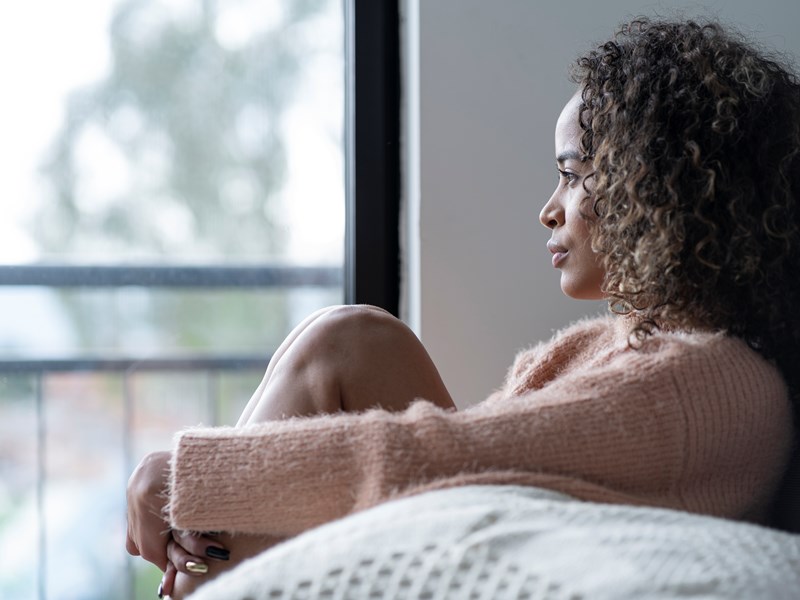Legal Aid of Western Ohio, Inc. (LAWO) is a non-profit regional law firm that provide high quality legal assistance in civil matters to help eligible low-income individuals and groups in western Ohio achieve self reliance, and equal justice and economic opportunity.
SAFE Program Conducts Needs Assessment for Women with Disabilities in Lucas County

In 2019, Legal Aid of Western Ohio (LAWO) was awarded a grant through the U.S. Department of Justice, Office on Violence Against Women to better serve survivors of domestic violence who live with disabilities. This specialized funding created the opportunity to identify service gaps and improve access to justice for those survivors residing in Lucas County. To accomplish this project, LAWO partnered with Advocates for Basic Legal Equality (ABLE) and Bethany House to create the Safety and Accessibility for Everyone (SAFE) Program.
According to the Office on Women’s Health, 1 in 4 women have experienced sexual violence, physical violence, and/or stalking by an intimate partner during their lifetime. It is commonly recognized that gender-based violence disproportionally impacts the lives of women regardless of age, income level, education, sexual orientation, or racial and economic status. Gender-based violence encompasses domestic violence, dating violence, sexual assault, trafficking and stalking.
Women with disabilities are uniquely vulnerable to all forms of gender-based violence. They experience higher rates of victimization than women without disabilities and are less likely to receive the supportive services they need. In 2013, the rate of victimization against persons with disabilities was at least double the rate for those without disabilities for every age group measured except those aged 65 and older. Shelters and other systems-based supports are often physically or procedurally inaccessible. All too often they also lack culturally competent services, making it even more difficult for survivors of color to get help.
In 2021, SAFE Program advocates conducted a needs assessment to gather information about the services our agencies provide, and the barriers survivors often face when attempting to utilize our services. SAFE talked to staff, survivors, people with disabilities, and domestic violence advocates. Findings from the assessment were then used to develop several strategic plan activities that will be implemented at all SAFE agencies in 2022 and 2023. These activities include revising accommodations policies to reflect current best practices, reviewing physical spaces to ensure that they are safe and accessible, and developing a lunch and learn curriculum to educate staff about the intersection of race and disability.
Implementation of the strategic plan will make obtaining services safer and more accessible for those survivors with disabilities who need our help. LAWO is committed to continuing the SAFE Program and is currently working to secure additional funding to respond to areas of unmet need identified in the assessment, but unable to be addressed during the current grant cycle. Future work includes a race equity focus with the intention of strategizing to better serve BIPOC survivors with disabilities. This will include developing a training curriculum focused on educating service providers about the intersection of race and disability and creating BIPOC specific resources for community agencies.
Eliminating service delivery barriers and creating greater accessibility to community resources for survivors with disabilities makes possible a future of independence and security for those most affected by gender-based violence. The SAFE program ensures that all survivors can access the services they need. It demonstrates the very meaning “Access to Justice for All.”
This project is supported by grant number 2019-FW-AX-KOO3 awarded by the Office on Violence Against Women, U.S. Department of Justice. The opinions, findings, conclusions, and recommendations expressed in this publication are those of the author(s) and do not necessarily reflect the views of the Department of Justice, Office on Violence Against Women.

